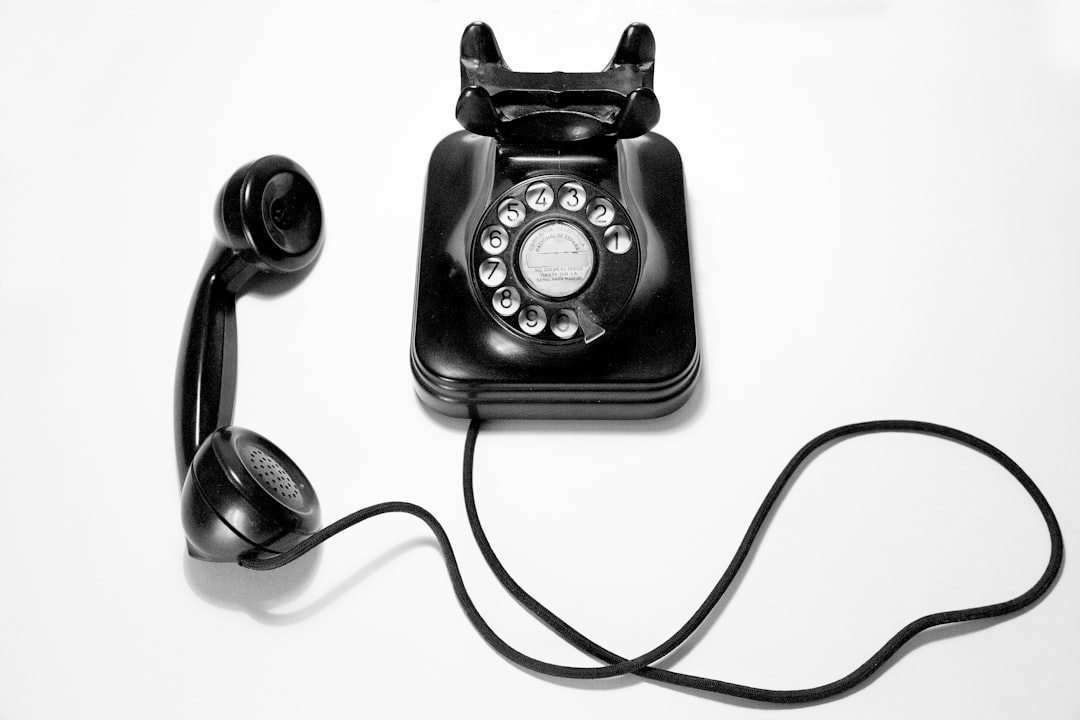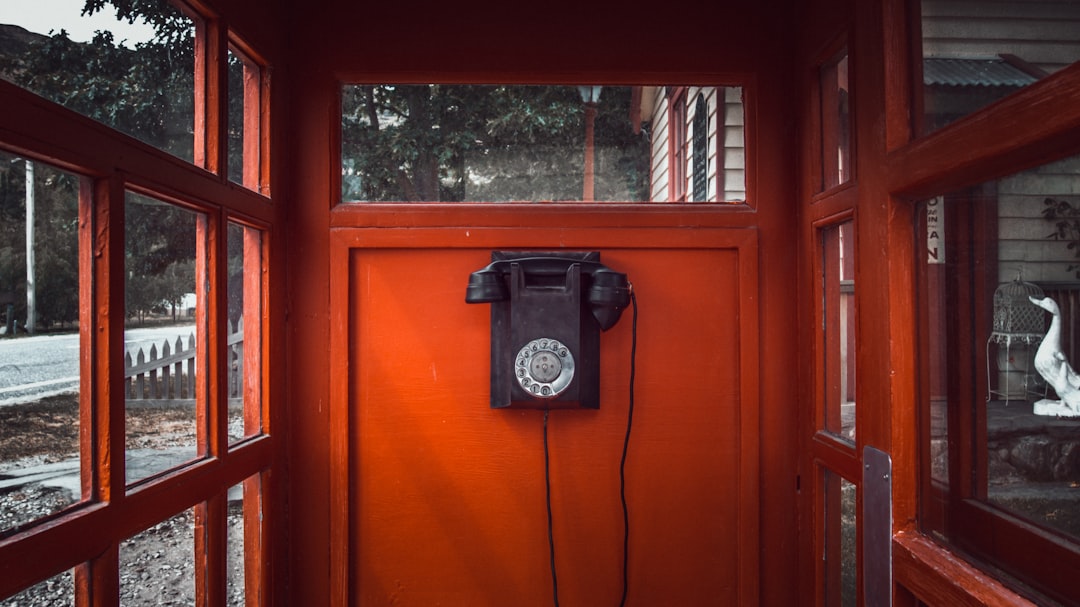Robocalls plague Pennsylvania residents, disrupting daily life and violating privacy. While state laws like the Telephone Consumer Protection Act (TCPA) regulate them, enforcement remains challenging. Hiring a robocall lawyer in Pennsylvania offers strategic solutions, guiding clients through regulations, providing blocking strategies, and pursuing legal action for damages. Top-rated apps like TrueCall and Hiya offer additional protection by identifying and blocking robocalls, empowering residents to reclaim their communication privacy.
Tired of relentless robocalls plaguing your Pennsylvania home? You’re not alone. Understanding and protecting yourself against these intrusive automated calls is more important than ever. This guide delves into the impact of robocalls in the Keystone State, explores legal protections available to Pennsylvania residents, and provides top app recommendations to empower you to take back control of your phone. Discover how a robocall lawyer in PA can also offer expert guidance if needed.
Understanding Robocalls and Their Impact in Pennsylvania

Robocalls have become a prevalent and often unwanted nuisance for many Pennsylvania residents, with implications extending beyond mere annoyance. These automated phone calls, frequently driven by marketing or telemarketing purposes, can be particularly intrusive when they violate individuals’ privacy and disrupt their daily lives. In Pennsylvania, as in many other states, robocall activity is regulated to protect consumers from excessive or deceptive calls. However, despite these regulations, the volume of robocalls remains high, prompting many users to seek solutions to mitigate this issue.
Hiring a robocall lawyer in Pennsylvania can offer some much-needed relief. Legal experts specializing in telecommunications law can help navigate complex regulations and provide strategies to block or sue for damages caused by unwanted robocalls. With their expertise, residents can take proactive measures to curb the impact of these calls, ensuring a quieter and more peaceful environment.
Legal Frameworks and Protection Against Robocalls in PA

In Pennsylvania, the fight against robocalls is supported by robust legal frameworks designed to protect residents from unwanted and intrusive phone calls. The Telephone Consumer Protection Act (TCPA) serves as a cornerstone of this protection, imposing strict rules on telemarketers and automatized calling systems. This federal law prohibits automated or prerecorded messages unless the caller has obtained prior explicit consent from the recipient. Additionally, Pennsylvania state laws amplify these protections, ensuring that residents can take legal action against persistent robocallers.
Pennsylvania’s Attorney General’s Office actively enforces these regulations, providing a pathway for individuals to file complaints against robocallers. A successful lawsuit or settlement can result in substantial monetary damages, making it a powerful deterrent for those engaging in illegal robocalling practices. With the help of a robocall lawyer in Pennsylvania, residents can navigate this legal landscape, assert their rights, and hold offending parties accountable for violating their privacy and peace of mind.
Top App Recommendations to Block Robocalls for Pennsylvania Users

In the ongoing battle against robocalls, several apps have emerged as reliable tools for Pennsylvania users to reclaim their peace of mind. One highly recommended app is TrueCall, which offers advanced call identification and blocking features. This app not only filters out known robocallers but also provides real-time updates on emerging scams, ensuring that users stay protected.
Another top choice among robocall lawyer Pennsylvania enthusiasts is Hiya. With a vast database of global caller IDs, Hiya identifies unknown numbers and flags potential spam or fraud attempts. Additionally, it offers a community-driven reporting system where users can contribute to the collective intelligence against robocalls. These apps empower Pennsylvania residents to take control of their communication and avoid unwanted intrusions from automated callers.






